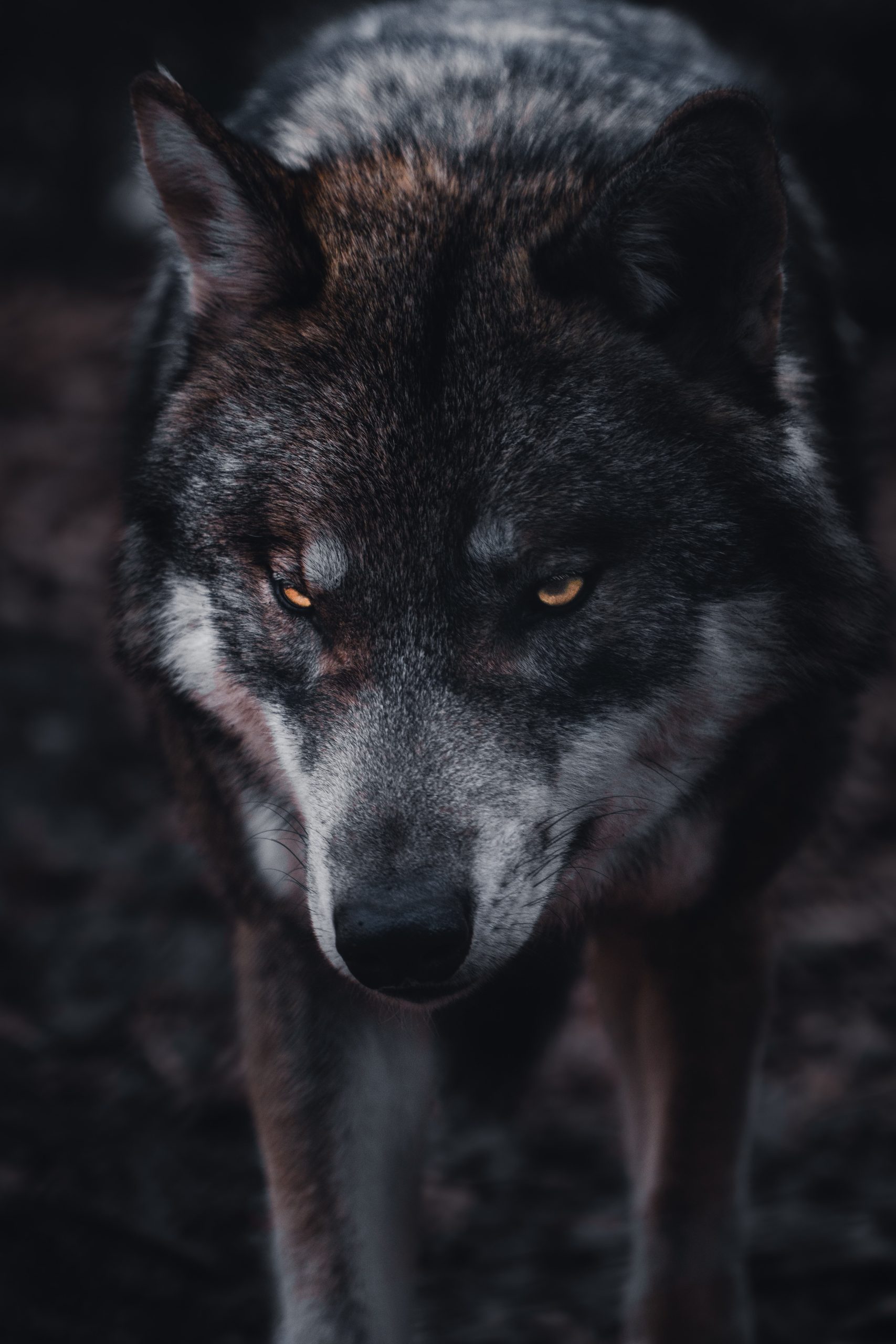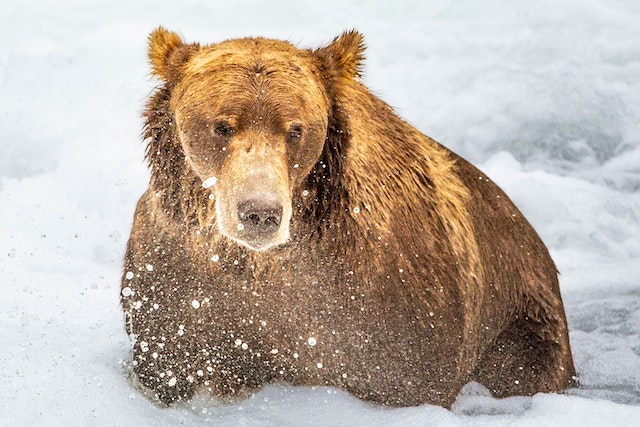Introduction: Wolves – Masters of the Hunt
In the heart of the wilderness, a silent and calculated pursuit unfolds. Join us as we embark on an enthralling exploration of the hunting habits of wolves—a captivating study in adaptation, strategy, and the art of survival.
Knowledge Source: Dr. Michael Harris – Wildlife Biologist and Wolf Hunting Expert Dr. Michael Harris’ extensive fieldwork and research on wolf hunting behavior have unraveled the mysteries of their hunting techniques. His expertise guides our journey into the fascinating world of wolf predation.
The Apex Predators: Wolves as Masters of the Hunt
Wolves are renowned as apex predators, occupying the highest position in the food chain in their ecosystems.
Dr. Michael Harris: “Wolves are formidable hunters, with an uncanny ability to adapt to various prey and environments. Their hunting strategies are a testament to their evolutionary success.”
Cooperative Hunting: Strength in Numbers
One of the most remarkable aspects of wolf hunting is their cooperative nature. They work as a team, often in orchestrated attacks, to pursue and bring down prey much larger than themselves.
Dr. Michael Harris: “Cooperative hunting is the cornerstone of their success. Pack members collaborate seamlessly, employing tactics that allow them to overpower and secure prey.”

Prey Preferences: The Art of Selection
While wolves are versatile hunters, their prey preferences can vary depending on their habitat and the availability of different species.
- Large Ungulates: In many regions, wolves primarily target large ungulates such as deer, elk, and moose. These herbivores provide a substantial food source for packs.
- Small Mammals: In certain circumstances, wolves will also prey on smaller mammals, such as beavers or hares, especially when larger prey is scarce.
Adaptations for Success
Wolves possess an array of physical and behavioral adaptations that enhance their hunting prowess.
- Speed and Endurance: Wolves have remarkable stamina, capable of long chases to wear down prey.
- Powerful Jaws: Their strong jaws and teeth are designed for delivering fatal bites to prey.
- Keen Senses: Wolves have acute senses of sight, smell, and hearing, aiding in tracking and locating prey.
The Role of Alpha Wolves
Alpha wolves, often the pack’s leaders, play a crucial role in hunting. They lead the pack during pursuits and are instrumental in deciding hunting strategies.
Dr. Michael Harris: “Alpha wolves’ experience and leadership are pivotal in successful hunts. They guide the pack, making critical decisions during the chase.”
Conclusion: A Dance of Adaptation and Strategy
The hunting habits of wolves offer a glimpse into the intricate world of these apex predators. Their cooperative nature, prey selection, and remarkable adaptations have allowed them to thrive in diverse environments, serving as a symbol of nature’s exquisite design.










